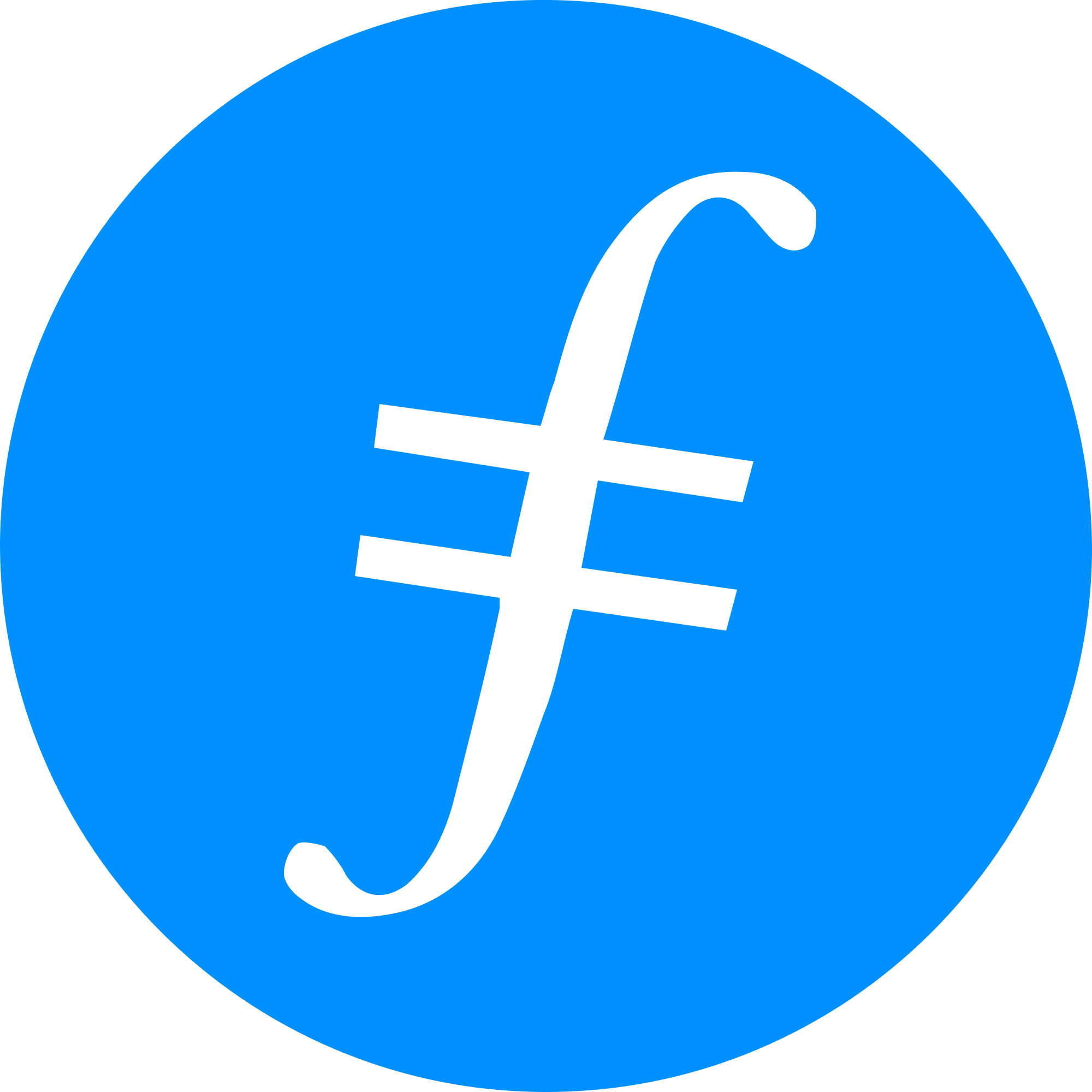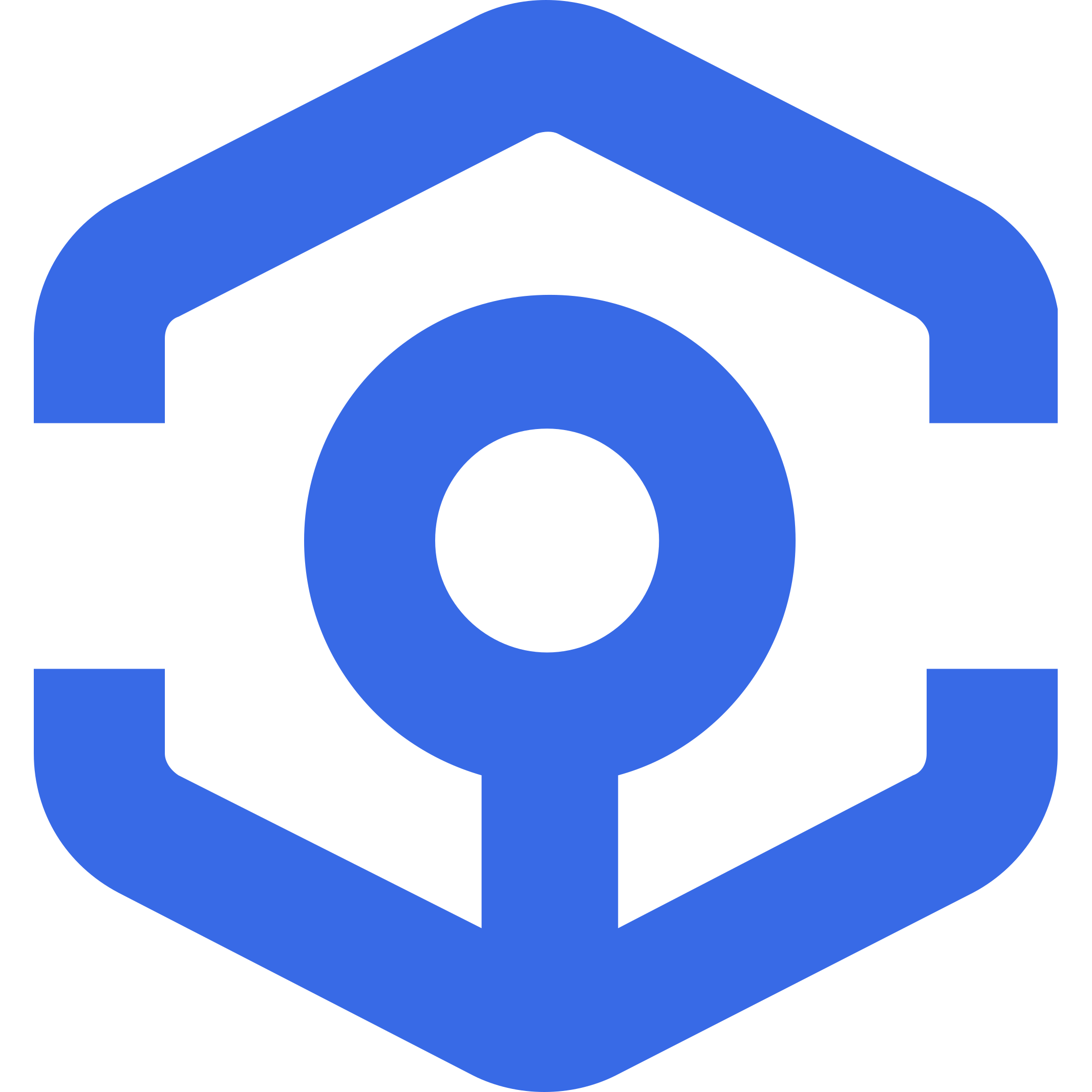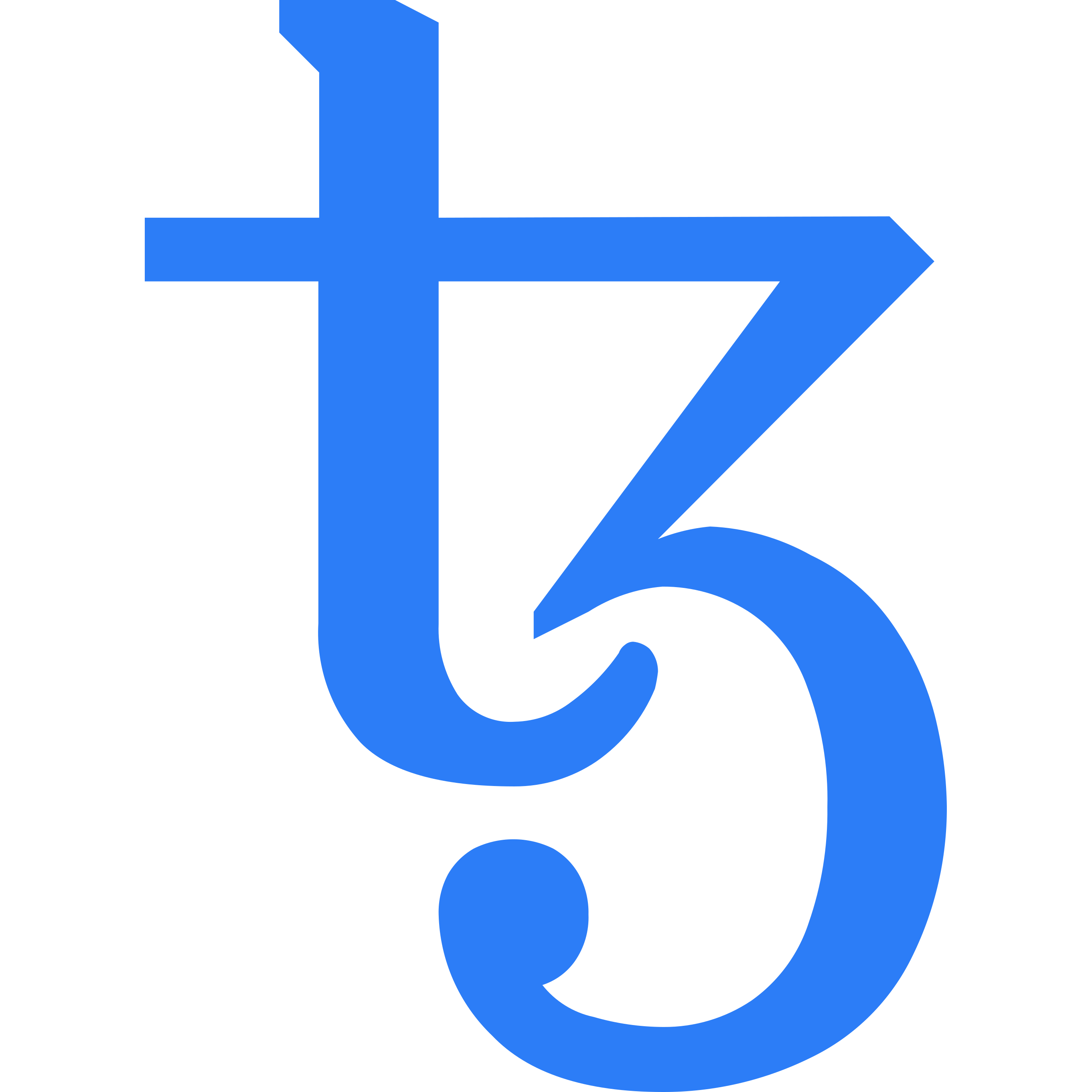The Giving Block Adds Support for More Cryptocurrency Donations
The Giving Block is excited to announce that we’re adding support for more cryptocurrencies in our donation widget and fundraising platform. This week, we have added support for: Mirror Protocol (MIR), Orchid (OXT), The Sandbox (SAND), Skale (SKL), and Somnium Space (CUBE). These tokens join a growing list of cryptocurrencies that nonprofits can accept with the fundraising tools and services powered by The Giving Block.
Added on August 10, 2021: Enjin Coin (ENJ), Fantom (FTM), Injective Protocol (INJ), Livepeer (LPT), and Loopring (LRC)
Added on August 3, 2021: Decentraland (MANA), Kyber Network (KNC), Maker (MKR), PAX Gold (PAXG) and Ren (REN)
Added on July 27, 2021: Balancer (BAL), Bancor Network Token (BNT), Polygon (MATIC), Synthetix (SNX), and Yearn.Finance (YFI)
Added on July 20, 2021: Aave (AAVE), Compound (COMP), Curve (CRV), SushiSwap (SUSHI), and Uniswap (UNI)
We’re excited to be adding new cryptocurrencies because it gives donors more flexibility in the way they donate. We recognize that converting from one crypto to another can be a taxable event in many countries, so we want to offer flexibility to accept other tokens directly.
Learn more about what makes each asset unique in the cryptocurrency ecosystem
Added August 24, 2021
Filecoin (FIL)
Filecoin is a decentralized, open-source cloud storage system. It aims to solve resiliency and efficacy issues that challenge the web’s biggest centralized cloud storage providers, while allowing users to have greater access and control over their data. By relying on a network of operators instead of a single central server, Filecoin’s cloud storage is by its nature more resistant to censorship and denial of service attacks. Users can earn FIL, Filecoin’s native token, by mining (either “storage mining” or “retrieval mining”) and by storing data on the protocol.
Filecoin (FIL)
Alchemix (ALCX)
Alchemix is a DeFi application built on the Ethereum network that provides instant loans that can repay themselves over time. Using decentralizing smart contracts, Alchemix allows users to deposit DAI in order to mint a synthetic stablecoin called alUSD, which is then entered into a smart contract and used to earn yield over time. Alchemix offers a number of high yield strategies for the user to choose from. alUSD can be traded 1:1 for DAI or bought and sold on exchanges. Network participants that provide liquidity are rewarded with ALCX , Alchemix’s native governance token.
Alchemix (ALCX)
Ankr Network (ANKR)
Ankr Network is a platform that brings together concepts from web3 and DeFi ecosystems to power the crypto economy. Ankr aims to help developers to build products like smart contracts, dApps, and protocols with more streamlined processes and at reduced costs. To do so, Ankr is building a framework that enables businesses to use distributed cloud computing. It also offers investors the opportunity to achieve a higher rate of return over traditional staking methods. The ANKR token is used as payment on the platform, and can be earned for activities such as staking crypto.
Ankr Network (ANKR)
BarnBridge (BOND)
BarnBridge is a cross-platform risk management protocol that aims to reduce the risks associated with DeFi, such as inflation risk and interest rate volatility. BarnBridge’s SMART Yield pools the yield from lending protocols such as Aave, and splits it into tranches with different risk profiles. SMART Exposure allows user to passively maintain a specific ratio within an ERC-20 token pair, which can potentially outperform buy-and-hold strategies depending on market conditions. The BOND token governs BarnBridge’s DAO protocol.
BarnBridge (BOND)
Tezos (XTZ)
Tezos is an open-source platform for assets and applications that can upgrade itself without running the risk of a hard fork. Its smart contracts are secured with institutional-grade safety features that facilitate “formal verification,” a process used in nuclear and aerospace industries. Because it claims to be more energy-efficient than blockchains like Bitcoin or Ethereum, Tezos is an ideal platform for building blockchain applications that are eco-friendly. The networks’ validators earn XTZ (also known as “tez”) the Tedos governance token.
Tezos (XTZ)
Added August 17, 2021
Mirror Protocol (MIR)
Mirror Protocol is a decentralized, community-driven project that allows for the creation of synthetics, which track the price of real world assets. Mirror’s synthetic mAssets remove traditional financial barriers by enabling any user to own fractional amounts of an asset and to trade on the value of foreign assets. By relying on liquidity pools, Mirror does not need to use centralized order books and can execute transactions in a matter of seconds. MIR is Mirror Protocol’s governance token, so holders can propose and vote on operational changes.
Mirror Protocol (MIR)

Orchid (OXT)
Orchid is a peer-to-peer Internet bandwidth provider that features a decentralized VPN service. To achieve its aim of creating a safer, more private internet browsing experience for its users, Orchid relies on bandwidth providers to power its network. Bandwidth providers stake Orchid’s native token, OXT, to establish themselves as a node in the network, and earn OXT tokens as compensation. Bandwidth users must acquire OXT in order to pay the platform’s user fees. Orchid is available for download as an app on Android, iOS and macOS.

The Sandbox (SAND)
The Sandbox is a decentralized virtual world where creators and gamers can make, sell, and buy digital assets. The Sandbox aims to be a platform for artists to monetize their creativity and for players to unlock superior gaming experiences. Unique non-fungible tokens (NFTs) exchanged on The Sandbox can be used in its own native ecosystem or in a variety of mainstream virtual games. Users who purchase LAND, a piece of the Sandbox metavers, can host events and invite friends to join them there. All on-platform transactions are conducted with the SAND utility token.
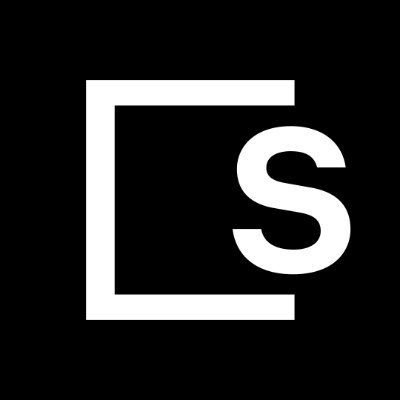
Skale (SKL)
The Skale Network is a Layer-2 Ethereum sidechain network designed to run on an infinite number of independent nodes. Skale allows developers to use its Ethereum-compatible network to create smart contracts and develop dApps while boosting transaction capacity and reducing or avoiding the latency issues found on Ethereum, without losing access to Ethereum’s mainnet. Holders of the Skale’s native token, SKL, can run nodes that power the network (and receive SKL as a reward), pay for subscription fees, and vote on governance.

Somnium Space (CUBE)
Launched in 2018, Somnium Space is a virtual world on the Ethereum blockchain that allows users to monetize VR experiences. Players can buy and sell virtual real estate, create and trade NFTs that can be used as in-game assets, and explore the Somnium Space virtual environment. Users can access Somnium Space on the web browser or a downloadable app. The ecosystem also pairs with VR headsets like Oculus. Its native token, CUBE, is used to buy assets and services.
Added August 10, 2021

Enjin Coin (ENJ)
Enjin Coin is an Ethereum-based cryptocurrency native to the Enjin Network, a social gaming website platform with more than 20 million users and 250,000 gaming communities. The Enjin Network’s tools enable game developers to tokenize digital assets (such as NFTs) that have real-world value because they are backed by Enjin Coin (ENJ). Users can acquire and store these unique assets on Enjin’s platform and use them in games, and any companies that seek to create blockchain products can do so with Enjin’s suite of products.
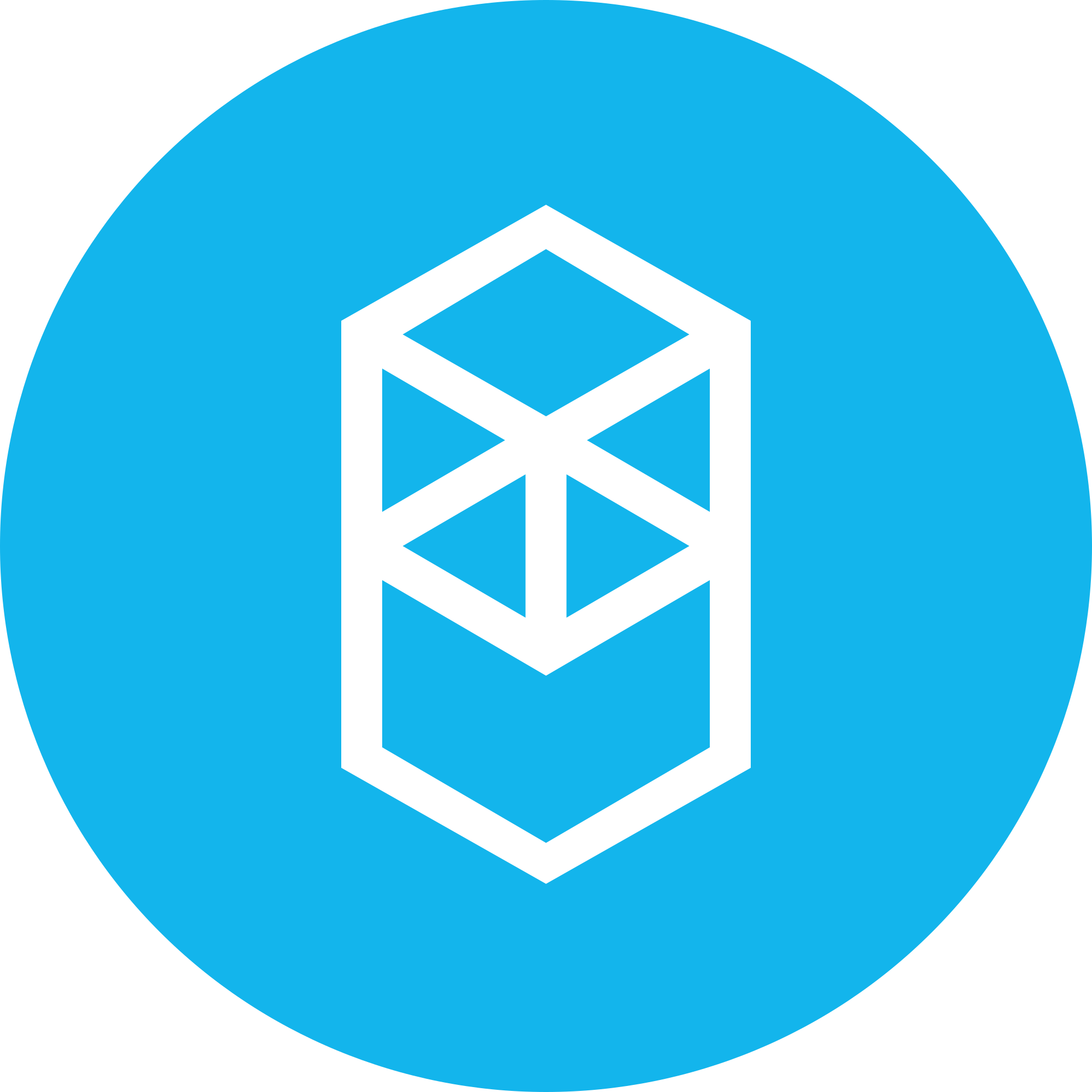
Fantom (FTM)
Fantom is an open-source smart contract platform that is designed to overcome the limitations of previous blockchain platforms by solving key issues that tend to plague blockchains. Specifically, Fantom’s scratch-built platform boasts extremely fast transaction speeds, scaling capability, and bank-grade security. Developers can build dApps and digital assets on the Fantom platform. Its staking token, FTM, is used for paying network fees, staking, and governance, and is traded on most major exchanges.

Injective Protocol (INJ)
Injective Protocol is a decentralized derivatives exchange based on Ethereum. Its mission is to create a more free and inclusive financial system through decentralization. Injective is controlled by INJ token holders who can propose and vote on ideas, such as exchange parameters, instead of relying on a centralized governing body to make such governing decisions. The exchange relies on book relayers to help manage liquidity and reduce instances of stuck transactions. What’s also appealing to users is the fact that the platform has zero gas fees.

Livepeer (LPT)
Livepeer is a decentralized video streaming network protocol built on the Ethereum blockchain. It aims to deliver a more cost-effective way to stream by distributing the computing power required to transcode and host videos to users across its network. These “video miners” receive LPT tokens as a reward for lending their GPU and CPU power and bandwidth to the protocol. On the flip side, app developers pay fees in LPT in exchange for using Livepeer’s services, albeit at reduced costs compared to many mainstream options available.

Loopring (LRC)
Loopring is a decentralized trading and payment protocol built on Ethereum that aims to speed up the time it takes to make a transaction. On Loopring, trades are settled in seconds (or less) because they do not need to be confirmed by the Ethereum network. Instead, it provides a faster, low-fee alternative by utilizing layer 2 rollups. This process makes the protocol perform quickly and at scale without sacrificing Ethereum’s security. Loopring’s governance token, LRC, is earned by taking actions beneficial to Loopring’s ecosystem.
Added August 3, 2021
Decentraland (MANA)
Decentraland is an online virtual world designed with the blockchain community in mind. Users can explore the environment and trade digital assets like virtual real estate and NFTs. True to its principle of decentralization, users can control the rules of its online world by voting on governance proposals. Users will need to own some of its native cryptocurrency token, MANA, in order to make purchases and vote on proposals. Decentaland is free to use and attracts users seeking a more interactive crypto experience.

Kyber Network (KNC)
Kyber Network is a DeFi protocol that enables users to exchange crypto assets without an intermediary. Its developer-friendly architecture allows for easy integration of dApps, decentralized exchanges, and digital wallets. Transactions on Kyber Network are fully on-chain, making them easily verifiable, and users can earn fees from trades in the network. Its native token, KNC, is used to pay fees on the protocol, and holding KNC also lets users participate in governance by voting on proposals.
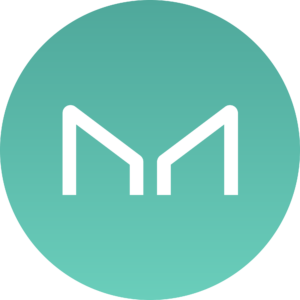
Maker (MKR)
The Maker Protocol is a software platform that allows users to trade DAI, Maker’s native stablecoin. DAI is soft-pegged to the US Dollar, so the value of one DAI token is equal to $1 USD. Holders of its other token, MKR–which is not pegged to any fiat currency, and is expected to increase in value based on the success of DAI–can vote on MakerDAO’s operating protocols and governance proposals. As of July 2020, MakerDAO has become “fully decentralized,” according to co-founder Rune Christensen.

PAX Gold (PAXG)
Pax Gold is a stablecoin created by Paxos Standard that is backed by physical gold. Each PAXG token is backed by one fine troy ounce of a 400 oz London Good Delivery gold bar, which are stored in Brink’s vaults. Holders of PAXG also own the underlying gold and can easily redeem tokens for their equivalent in physical gold. Owning digital gold has the advantages of cryptocurrency (e.g. fungibility, tradability) without the drawbacks associated with ownership of a physical asset (e.g. storage costs, limited transportability). For example, unlike with traditional gold exchanges, PAXG allows users to buy and sell partial or infinitesimally small amounts of gold.

Ren (REN)
Ren is a software protocol that is built to transfer cryptocurrencies between different blockchains. Ren utilizes a process known as “tokenized representation,” in which users lock their digital assets in smart contracts to effectively allow for these assets to function across the DeFi ecosystem, not just in their native environments. For example, users could place their bitcoins in the Ren system and in return receive ether to use on the Ethereum blockchain, including a number of DeFi products. Ren’s native token, REN, is traded on several exchanges and is earned by operators that help maintain the Ren network.
Added July 27, 2021

Balancer (BAL)
Balancer is an automated portfolio manager and trading platform. Conceptually, it somewhat resembles an index fund, in the sense that users can create funds based on their crypto holdings. Unlike an index fund, users don’t pay fees to portfolio managers, they collect fees from other traders using the platform. Balancer offers users the flexibility to create and join private, shared, or smart contract-controlled liquidity pools. Users can earn profits by contributing to pools and by holding its governance token, BAL.

Bancor Network Token (BNT)
Bancor Network allows users to convert cryptocurrencies instantly—faster than what’s possible on exchanges. Its particular focus is on small- and micro-cap coins. Bancor Network is considered a leader in the current wave of decentralized finance protocols. By eliminating any barriers to entry, anyone can use Bancor Network. Because of its integration of smart contract technology, it is ideal for those who want to trade small- or micro-cap coins. BNT is Bancor Network’s token.
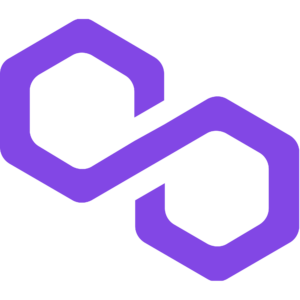
Polygon (MATIC)
Polygon (formerly “Matic Network”) is an Ethereum-compatible protocol and a framework for building blockchain networks. Established to solve several challenges with blockchains and encourage crypto adoption, it combines “the best of Ethereum and sovereign blockchains into a full-fledged multi-chain system.” Polygon optimizes for security, fast transaction speed, and low costs for transactions. MATIC, its native token, is used for paying transaction fees, staking, and governance.
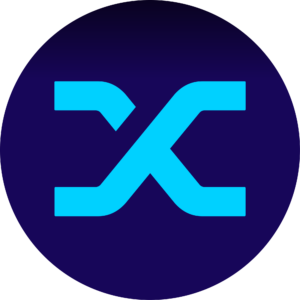
Synthetix (SNX)
Synthetix is a decentralized protocol built on Ethereum. It enables users to deal in synthetic assets, which are tokenized derivatives of their underlying assets. In other words, users can trade and hold synths without directly holding any of the underlying assets. What makes Synthetix unique in the crypto ecosystem is its offering of non-blockchain assets, like gold and silver synths. Its native token is SNX, which is used to pay out fees to holders who contribute to the network.
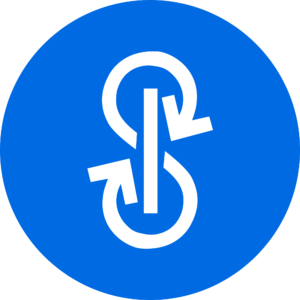
Yearn.Finance (YFI)
Yearn.Finance is intended to be a simple-to-use interface for users who wish to access the decentralized finance ecosystem. By offering a suite of products, Yearn.Finance functions as a portal to its own native liquidity pools as well as those on other decentralized exchanges. Yearn.Finance users earn interest on trades and loans of crypto they have deposited on its protocols. Founder Andre Cronje was seen as a true champion of decentralization because he did not allocate any of Yearn.Finance’s token, YFI, to himself.
Added July 20, 2021
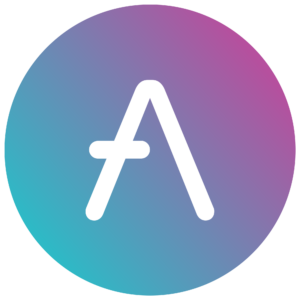
Aave (AAVE)
Aave is an open-source, decentralized finance protocol that allows users to borrow cryptocurrencies or deposit them and earn passive income through interest. Aave’s operations rely on smart contracts that enable users to borrow from a “liquidity pool,” which is essentially made up of crypto that has been deposited into Aave by its users. In other words, Aave borrowers do not get loans from specific financial institutions or directly from individuals. Borrowers pay interest on their loan, while lenders receive interest on their deposits. Its native coin, AAVE Tokens, can be stored, transferred, and traded on several crypto exchanges.

Compound (COMP)
Compound enables users to borrow cryptocurrency or earn interest on crypto they already hold. Compound is one of the most popular Ethereum-based dApps and Compound Labs, its developer, was backed by venture capital investment firm Andreessen Horowitz (a16z). When users deposit crypto, they receive cTokens in return which can increase in value over time and are redeemable for the original tokens deposited by users. Its governance coin, COMP, can be purchased via most third-party exchanges, and any COMP holder can propose changes to Compound’s protocol—true to the spirit of decentralization.

Curve (CRV)
Curve is a decentralized exchange that exclusively deals with stablecoins. Because centralized exchanges tend to have relatively high fees, Curve.fi is seen as a solution that offers “low fees and low slippage.” Curve has set itself apart from other exchanges through its specialization in stablecoins, which are experiencing renewed interest as of late. The governance token of Curve’s decentralized autonomous organization, CRV, can be purchased on an exchange or through “yield farming,” a practice by which users earn rewards in exchange for depositing into the Curve liquidity pool.

SushiSwap (SUSHI)
Founded in 2020, SushiSwap is an exchange originally based on Uniswap’s open-source code. The exchange aims to provide users access to newer cryptocurrencies that aren’t readily available on larger exchanges, while empowering its users to play an increasingly critical role in its governance. SushiSwap’s token, SUSHI, is freely tradable on exchanges. Its holders receive portions of the exchange’s transaction fees and can propose changes to SushiSwap’s operations.

Uniswap (UNI)
Uniswap is one of the most popular decentralized crypto trading protocols built for the Ethereum network. Its open-source AMM (automated market maker) software has inspired several offshoot exchange platforms in the DeFi space. UNI, its governance token, can be bought and sold at most major exchanges. Currency, 60% of UNI is allocated to Uniswap community members. Uniswap was created by Hayden Adams, an Ethereum developer.
Why Donate Crypto?
- How does the phrase “lower taxes” sound? Making a charitable donation of bitcoin or another cryptocurrency usually offsets one’s capital gains taxes.
- The more nonprofits and charities receive cryptocurrency gifts, the more institutional adoption we’ll see. As the old saying goes: “if you build it, they will come.”
- Best of all, it’s a quick and simple process. No 16-digit credit card numbers needed!
To Donate Crypto, Follow These Easy Steps:
- Select a nonprofit or charity that resonates with your values and ideals
- Choose the cryptocurrency you’d like to use for your donation (like Bitcoin, Ethereum, Doge, Aave, Compound, Curve, SushiSwap, Uniswap)
- Enter an amount to donate
- Donate anonymously (or enter your info if you’d like to stay in touch)
- Send your donation to the displayed wallet address
- That’s it! Afterwards, you’ll automatically receive a tax receipt
We have more great news on the way: in the coming weeks, we’re adding support for 30+ cryptocurrencies! Stay tuned for the latest rollout announcements by following us on Twitter @TheGivingBlock.
Learn more about the power of donating crypto with The Giving Block.

